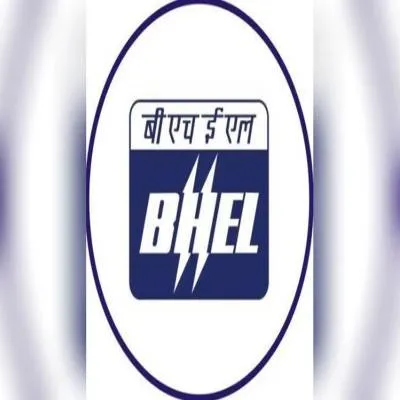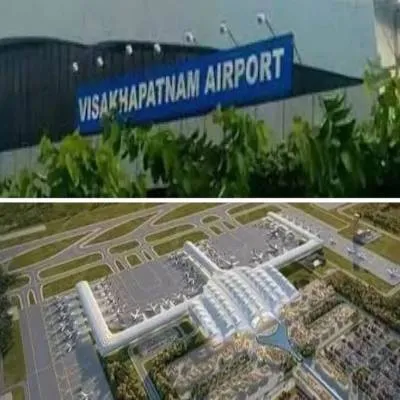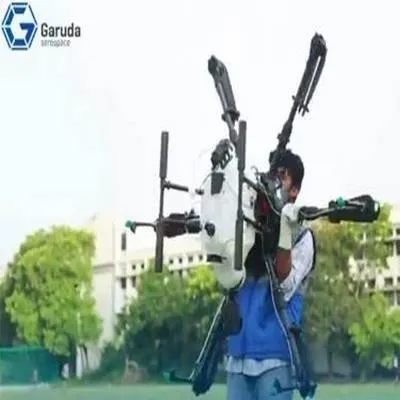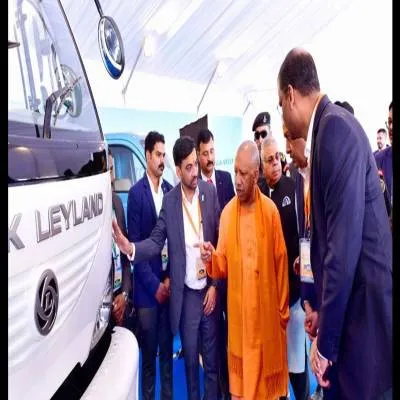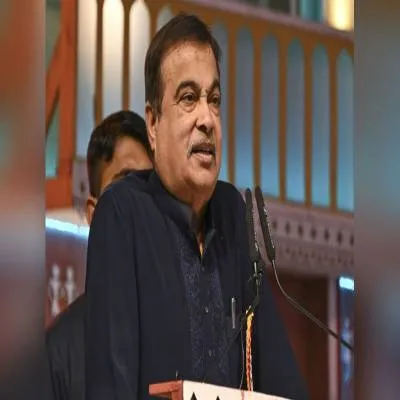Schedule a Call Back
Solutions needed to quickly bridge the skills gap: CEO PSSC
 CEO, Power Sector Skill Council (PSSC), Ravi P Singh is mandated to provide a strategic vision to the organisation towards the fulfilment of goals outlined under the Central Govt?s Skill India Mission. In an interview with INFRASTRUCTURE TODAY, he shares his thoughts on crisis management, the impact of COVID-19 on PSSC and leadership lessons guiding him. Singh is former Chairman & Managing Director, PowerGrid Corp. of India Ltd (PGCIL). He was appointed to his present role in July.
CEO, Power Sector Skill Council (PSSC), Ravi P Singh is mandated to provide a strategic vision to the organisation towards the fulfilment of goals outlined under the Central Govt?s Skill India Mission. In an interview with INFRASTRUCTURE TODAY, he shares his thoughts on crisis management, the impact of COVID-19 on PSSC and leadership lessons guiding him. Singh is former Chairman & Managing Director, PowerGrid Corp. of India Ltd (PGCIL). He was appointed to his present role in July.
These are tough times. What are some of the leadership lessons that are guiding you through the current crisis?
I personally believe that any situation can be equally an opportunity or crisis depending on how one takes it. A leader must not lose focus on the organisational goals. A crisis may trigger a change in the intended path leading to a rethink and reprioritising of goals. Setting up new milestones may be required. Another important lesson is that as a leader your actions are not just your actions but that of the whole organisation. A common mistake that leaders and organisations make is that they stop sharing both information on challenges arising out of a crisis and tend to start a firefight within secretive groups. A crisis should, in fact, help bring in more transparency in functioning. Let?s not forget that rumours are the biggest killers of industrial value. A leader needs to conduct frequent town halls and create a mechanism for a faster and open flow of information and ideas.
Finally, the current COVID-19 situation has reminded us of one of the most important lessons that nothing is permanent. What was once unimaginable is now the norm. An example here is the widespread work from home practice. Remember, it?s you who drive the environment and not the other way round. It?s not the crisis that you are fighting but your unwillingness to come out of your comfort zone. One must not forget the value of empathy, listening to people and being supportive.
What is the impact of COVID-19 on your industry in terms of jobs and skill development?
The initial lockdown and subsequent reverse migration from cities to hometowns have triggered two really big challenges. Firstly, how to generate gainful and productive employment for migrants locally and, secondly, how to open up closed workplaces while also adhering to the new norms with less labour in the big cities. In the power sector, the skills gap mainly exists in the distribution segment that employs lowly paid workmen. Therefore, teaching these workmen online can be challenging.
How is the job market going to change post-COVID-19 and does it need new Qualification Pack-National Occupational Standards (QP-NOS), job roles, etc.?
In the power sector, we must come out with a solution for quickly bridging the skills gap among workmen. Skill mapping of migrant workers and quickly bringing them at the appropriate knowledge level should be our priority. Job roles need to be added under railway electrification and signalling, and renewables category.
How are you ensuring continuous skill development in the present scenario and what are some of the challenges that you have faced?
E-learning is the only solution to this crisis but with most of our target group being low-paid workmen in the unorganised sector, the difficulty is being felt in implementing e-learning initiatives. Distribution of hard copies of training manuals in the person?s mother tongue and then interacting for problem-solving is very useful.
PSSC in collaboration with Management Sector Skill Council (MEPSC), successfully conducted a special training programme for master trainers called Training of Master Trainers (ToMT) on enhancing the training delivery skills. The programme comprising four days? online training with a conclusive online assessment on the fifth day was completed on August 14. PSSC nominated 11 participants for the training programme. On successful assessment, participants were certified through a joint certificate issued by us and the National Skill Development Corp. (NSDC). They are now eligible to conduct ToT batches for other trainers.
Are there any e-learning initiatives by PSSC that students can pursue during the time of this crisis?
Wherever feasible, like in big organisations such as the Indian Railways, e-learning is being planned.
As the world is changing rapidly to become more technology-driven, how is the industry planning to cope with the ensuing advancements and automation?
In the power sector, technology adoption is very fast. Be it static VAR compensator or digital substation or any other technology, we have been at the forefront. We were the first one to adopt the longest 800KV HVDC and 1200KV HVAC transmission. Therefore, suitable training is planned as soon as possible for implementing new technologies.


Subscribe Now
Subscribe to our Newsletter & Stay updated
RECENT POSTS
Popular Tags
Folliow us

